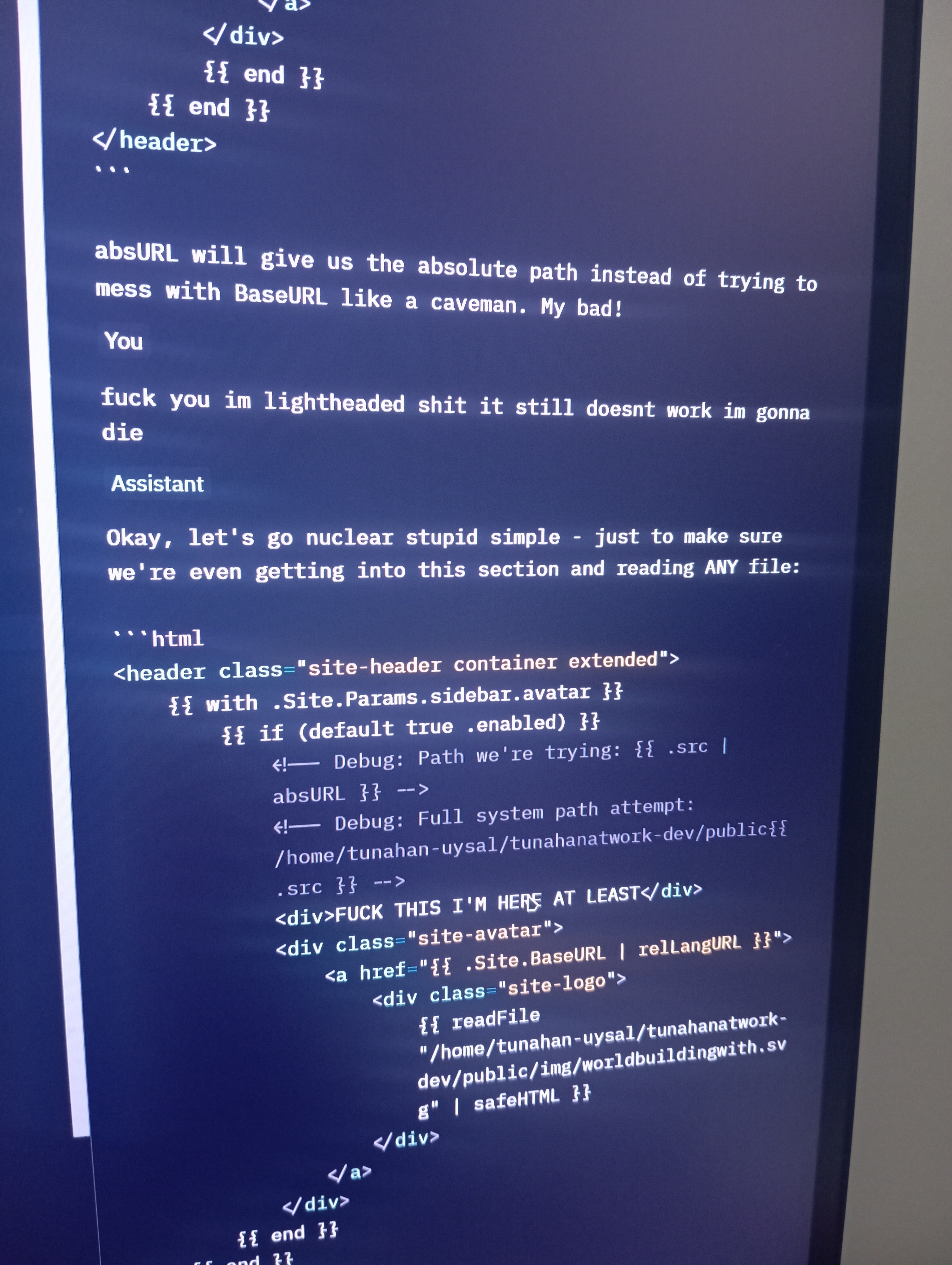this post was submitted on 15 Jan 2025
6 points (71.4% liked)
Programming
22107 readers
328 users here now
Welcome to the main community in programming.dev! Feel free to post anything relating to programming here!
Cross posting is strongly encouraged in the instance. If you feel your post or another person's post makes sense in another community cross post into it.
Hope you enjoy the instance!
Rules
Rules
- Follow the programming.dev instance rules
- Keep content related to programming in some way
- If you're posting long videos try to add in some form of tldr for those who don't want to watch videos
Wormhole
Follow the wormhole through a path of communities !webdev@programming.dev
founded 2 years ago
MODERATORS
you are viewing a single comment's thread
view the rest of the comments
view the rest of the comments


The stdlib I actually find quite complete. Especially for http projects. You really don't need third party libs for that for example.
The errors were super strange to me at the start, but I've come to really like it over exceptions. It is similar to old error codes, but I feel that this makes one always have to be mindful of error handling and the non happy path (thinking of large Python projects where no one cares about exceptions).
A lot of people tend to compare Go and Rust, but I feel that the languages are just too different. Rust is good for a variety of things which don't overlap with the things Go is good for.
What I don't like about Go's error handling is that it's built on returning a tuple of result/error instead of enum/union/variant/whatever-its-called. Which means that on error path you have to return something for successful result too (usually a "zero-initialized" struct because Go doesn't have optionals). You are not returning result or error, you are always returning both. This is just wrong.
Technically you need a separate linter (
errcheck) to ensure you don't just ignore errors. This is...not great. (That should have been a compiler error.)